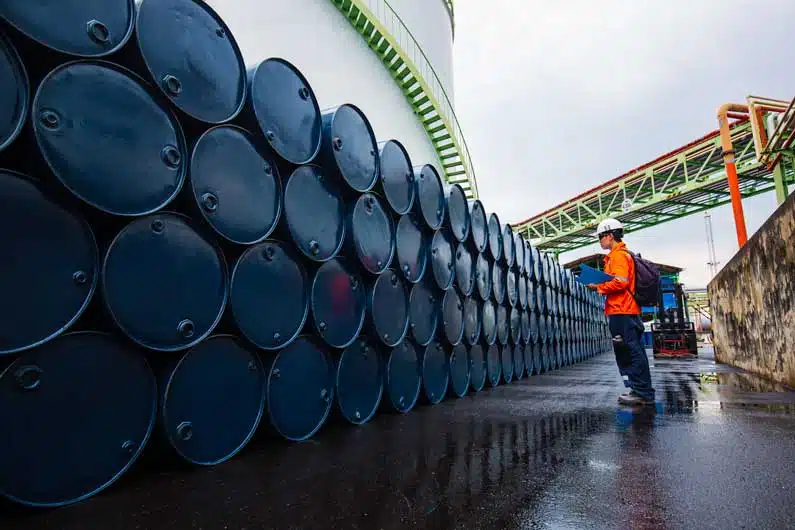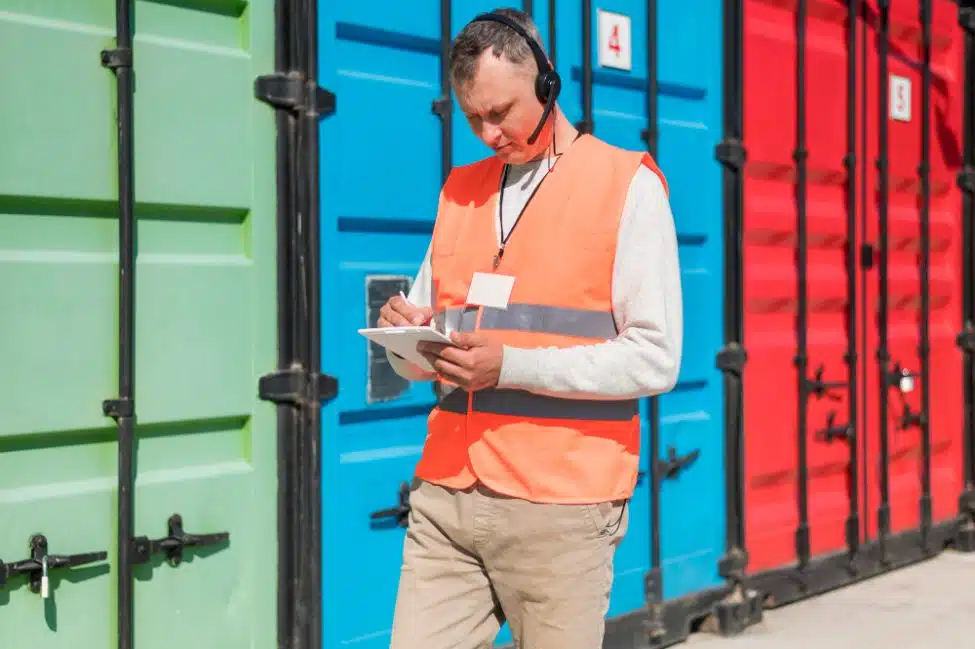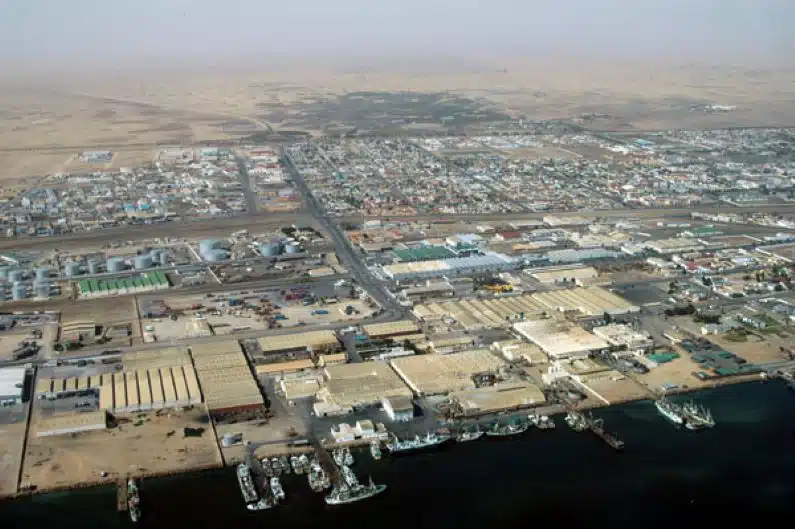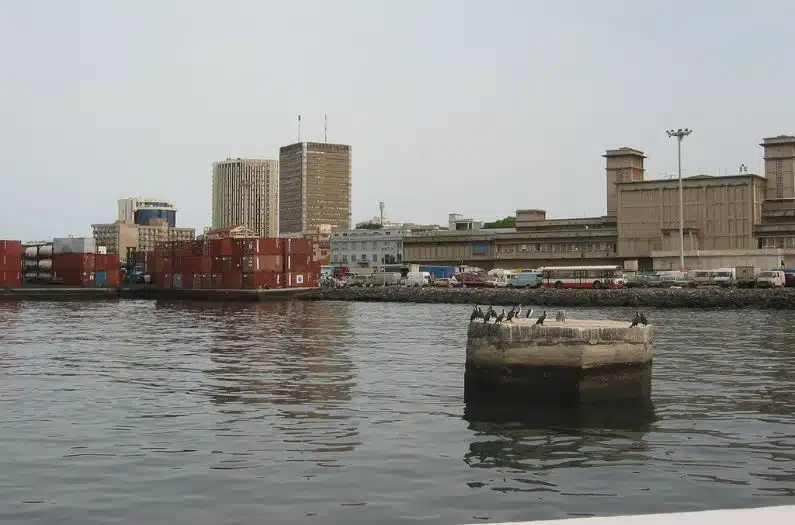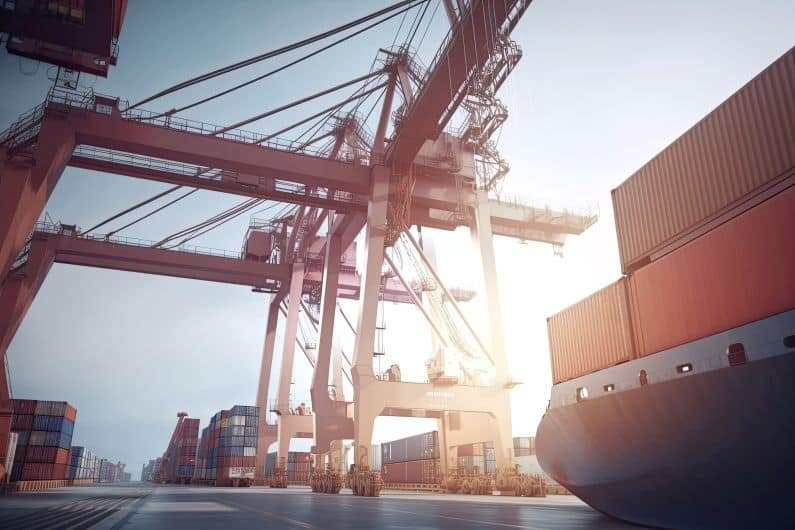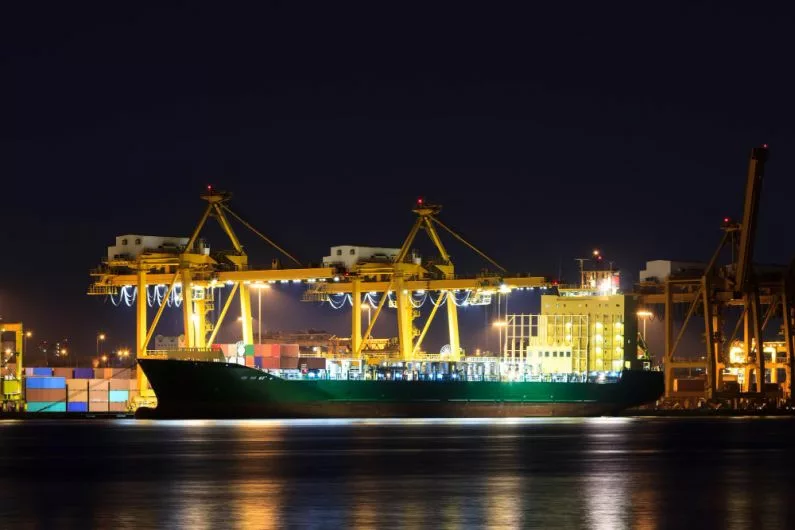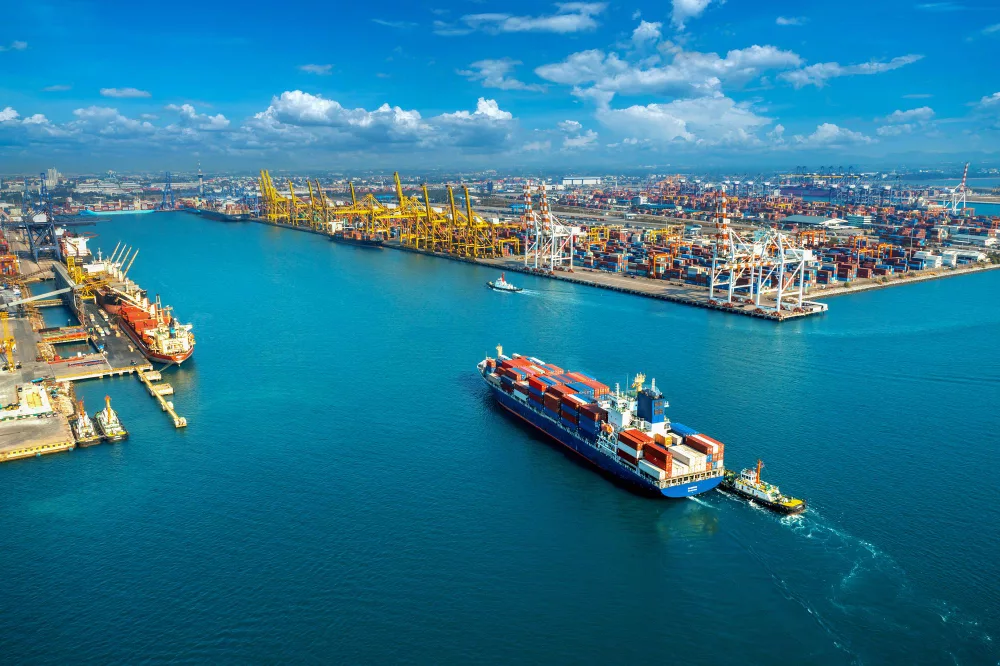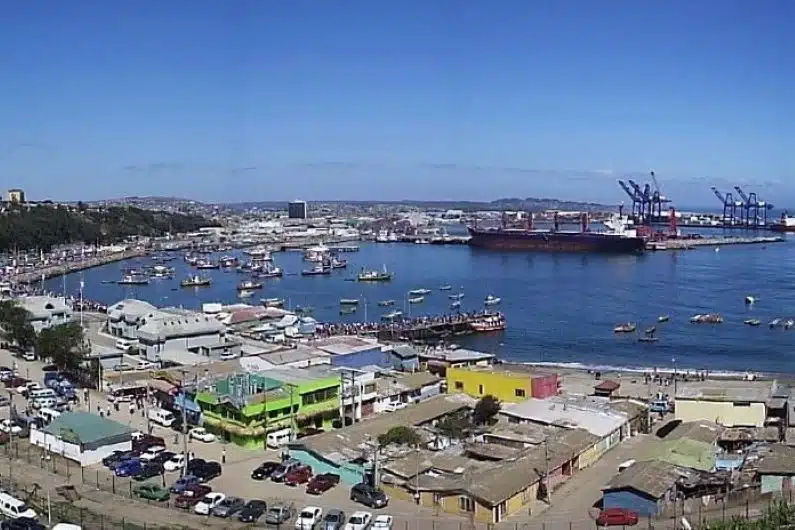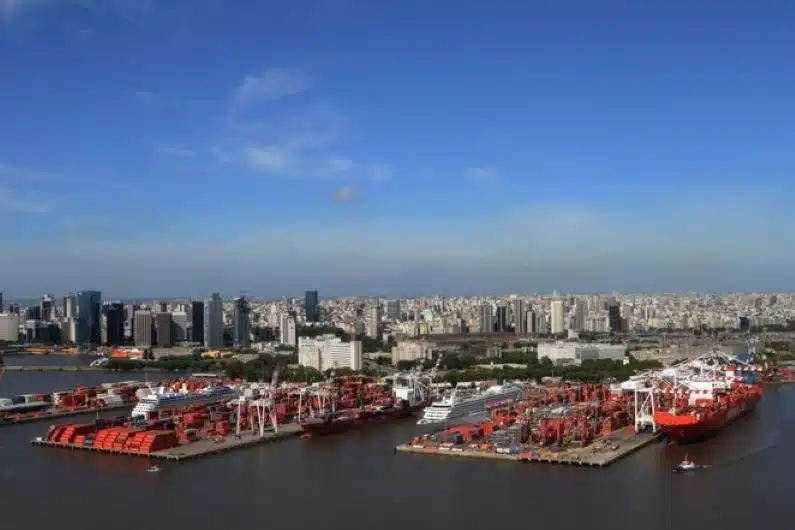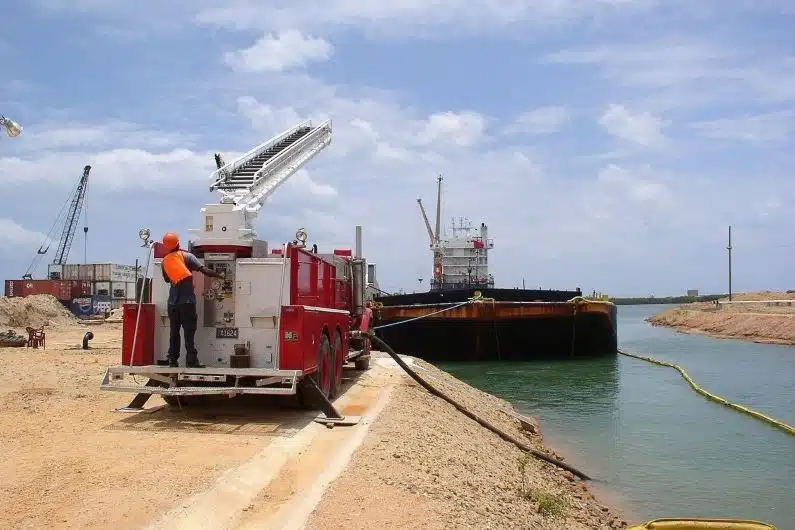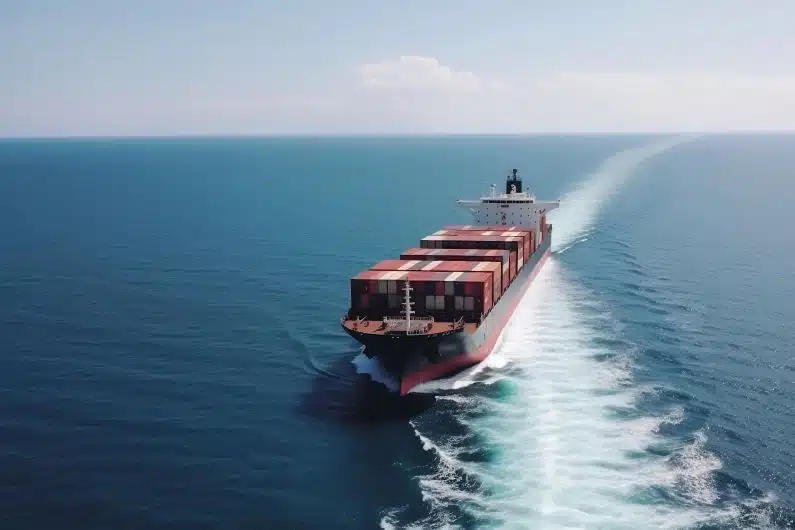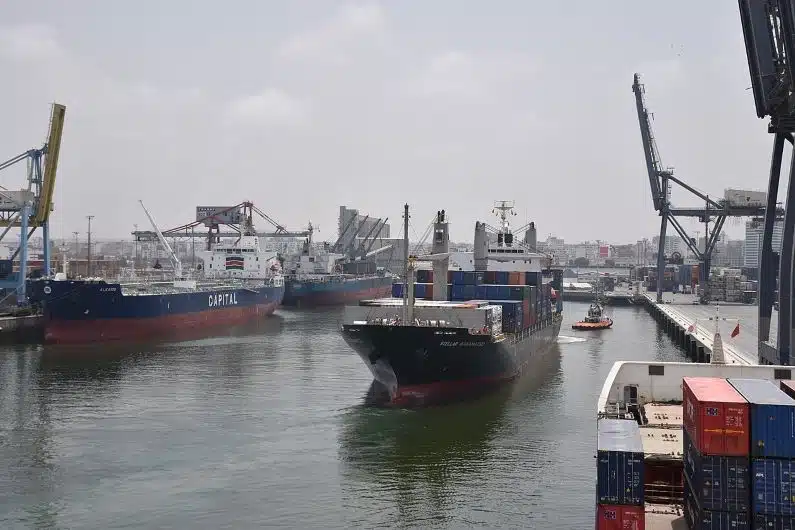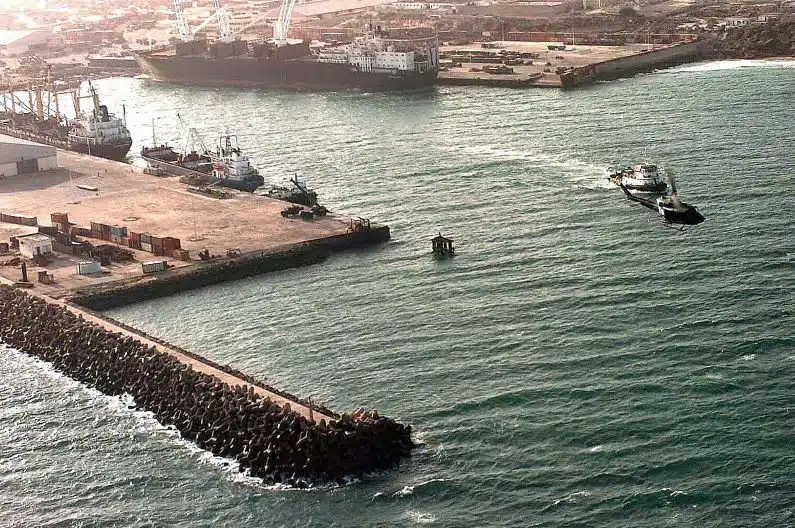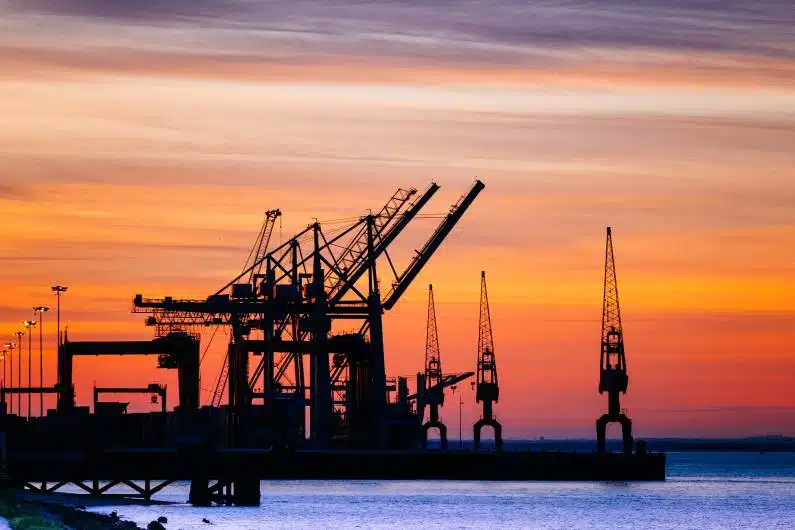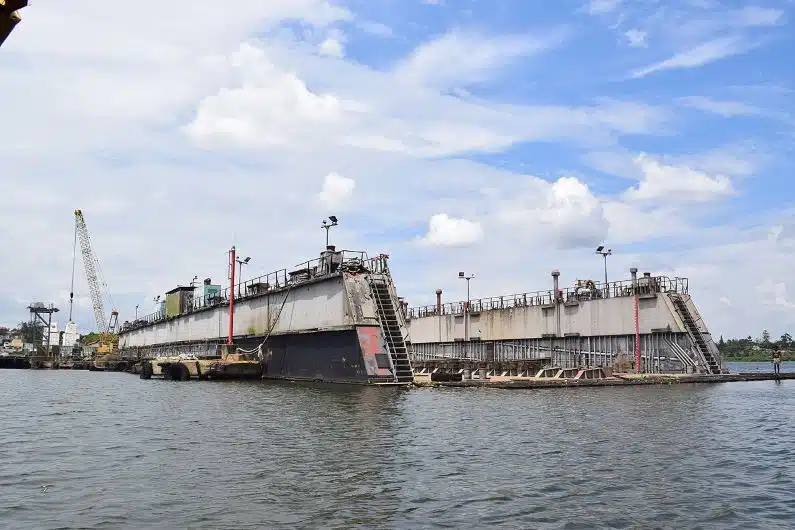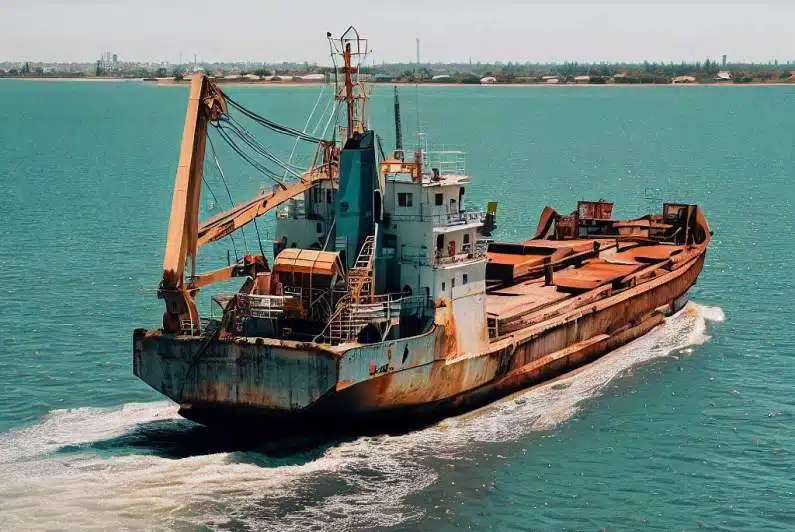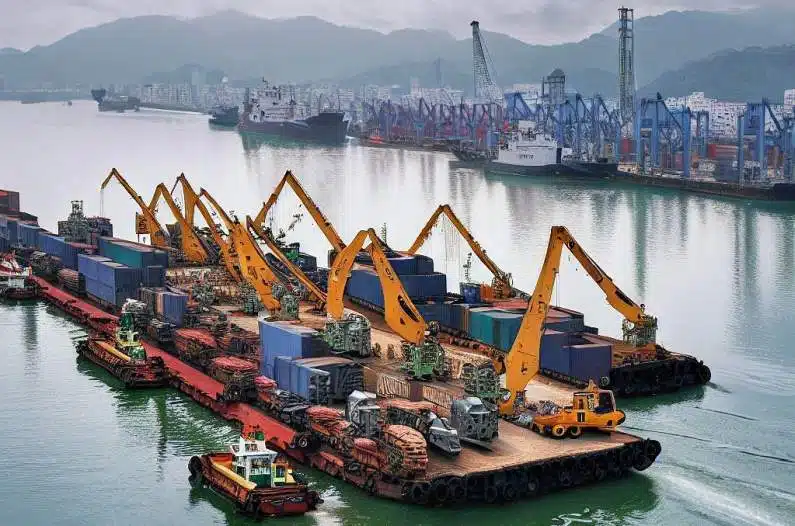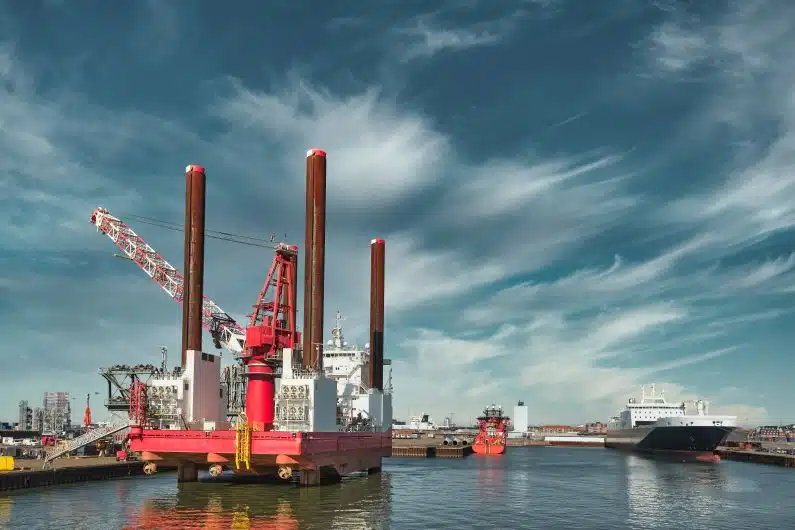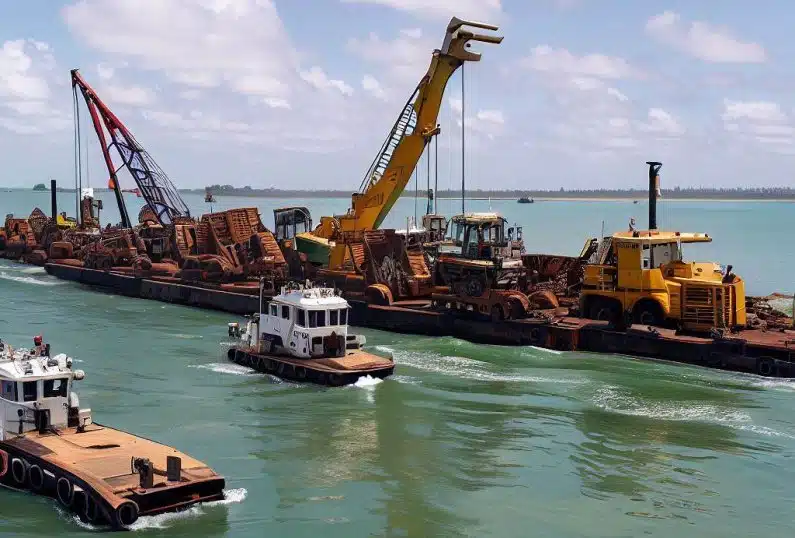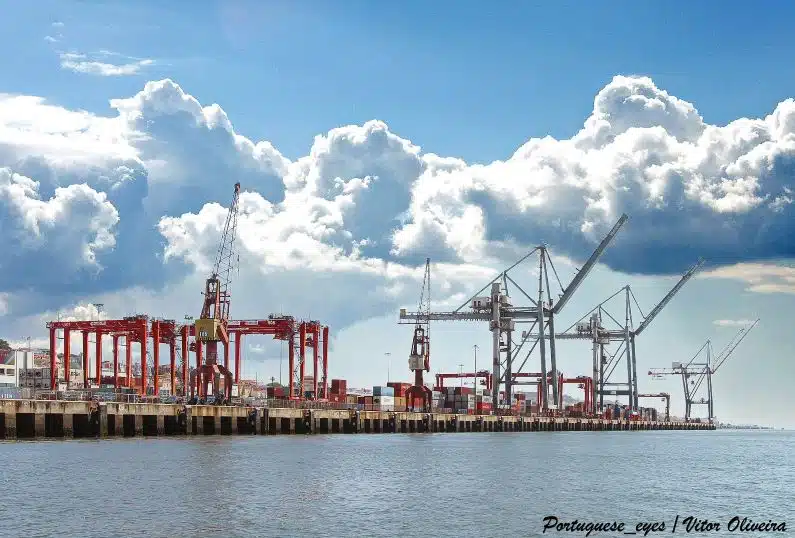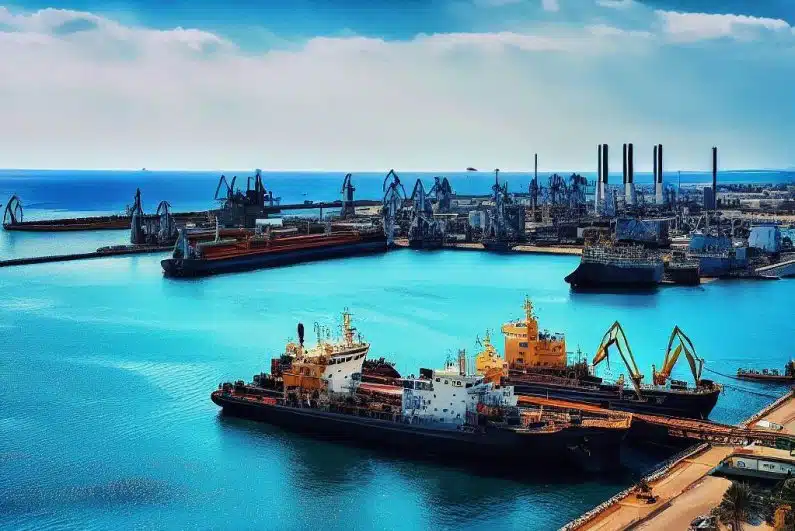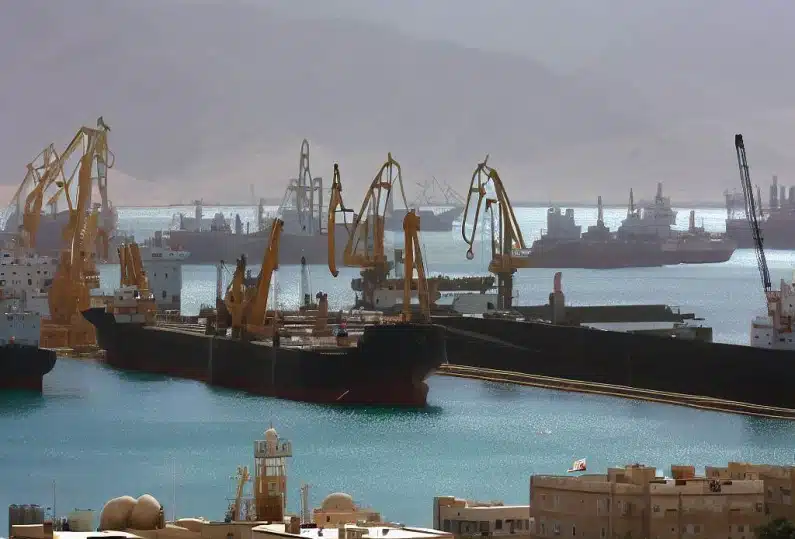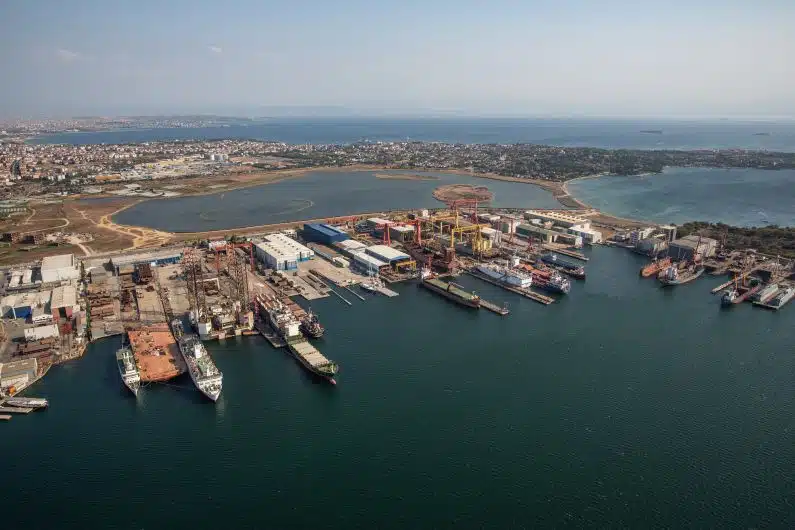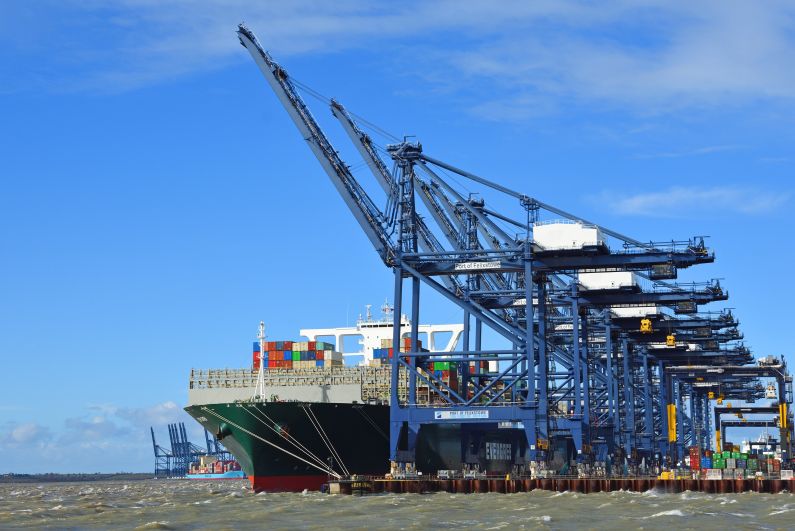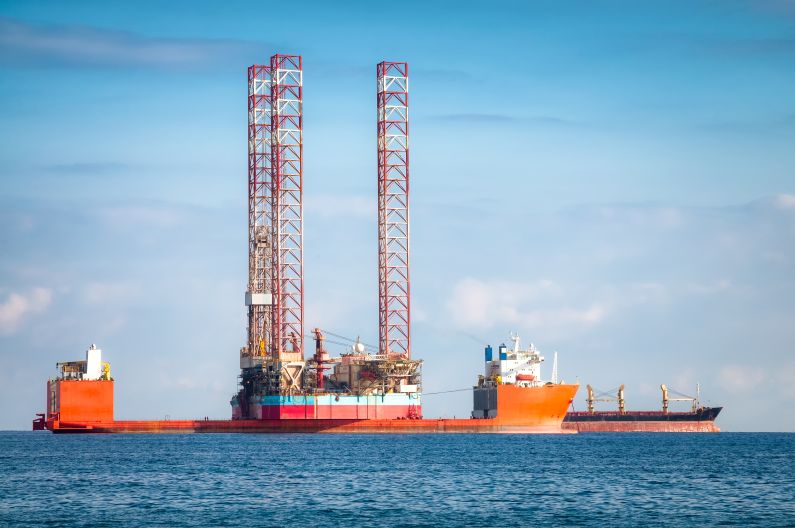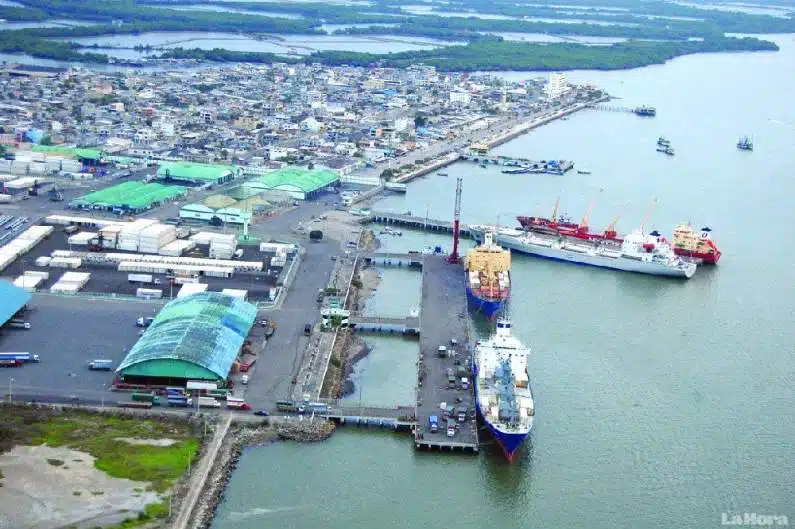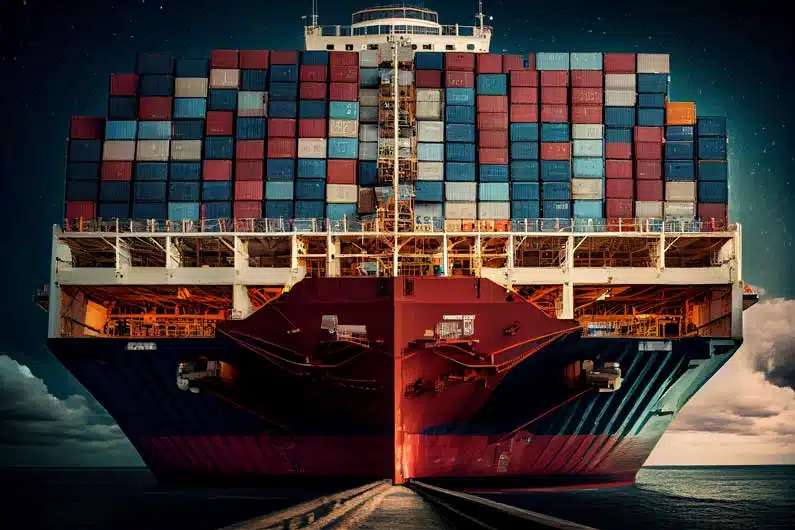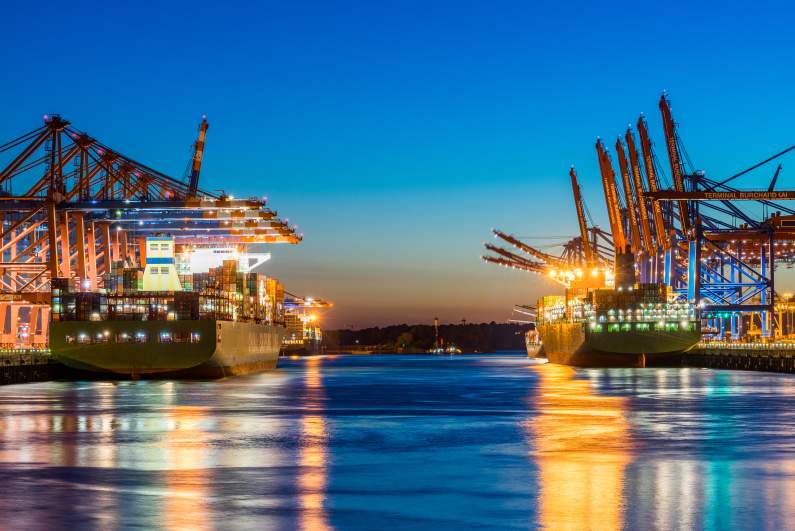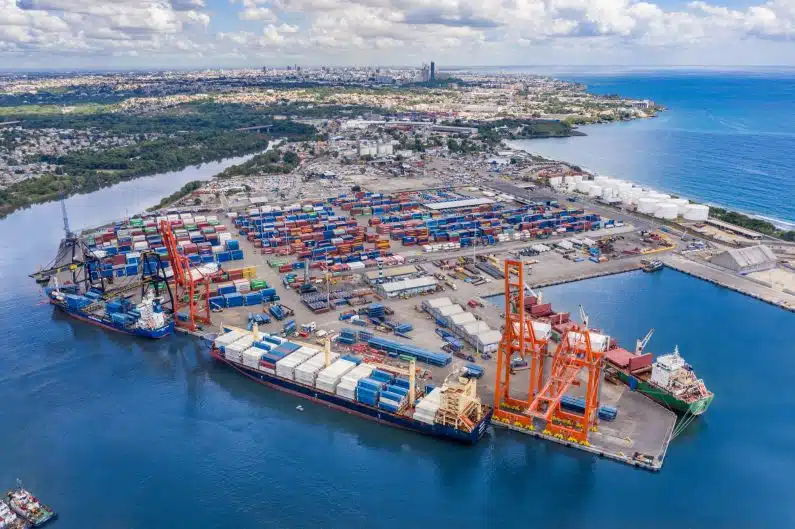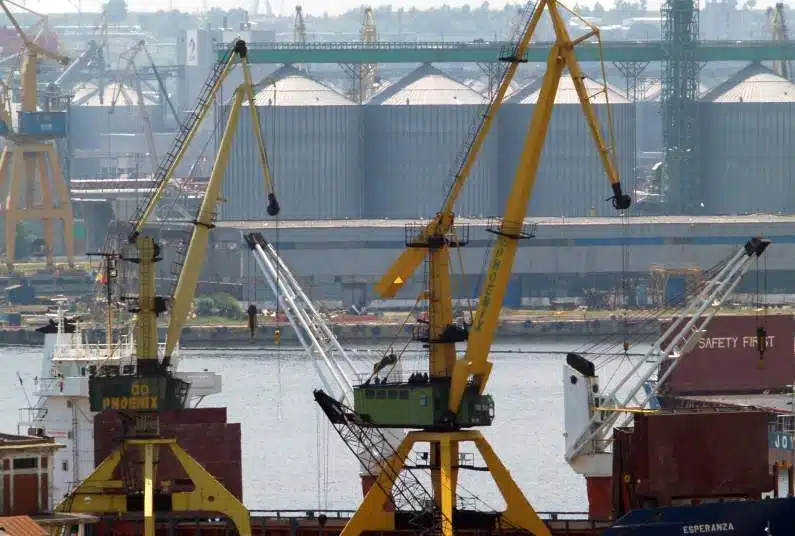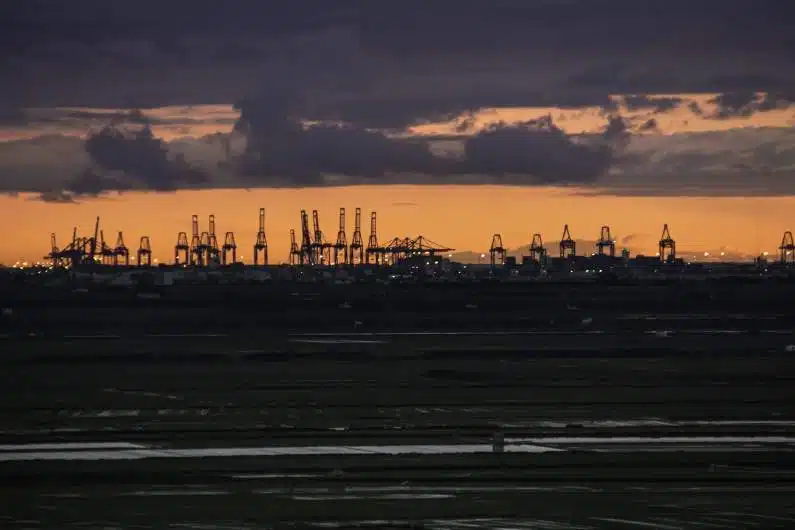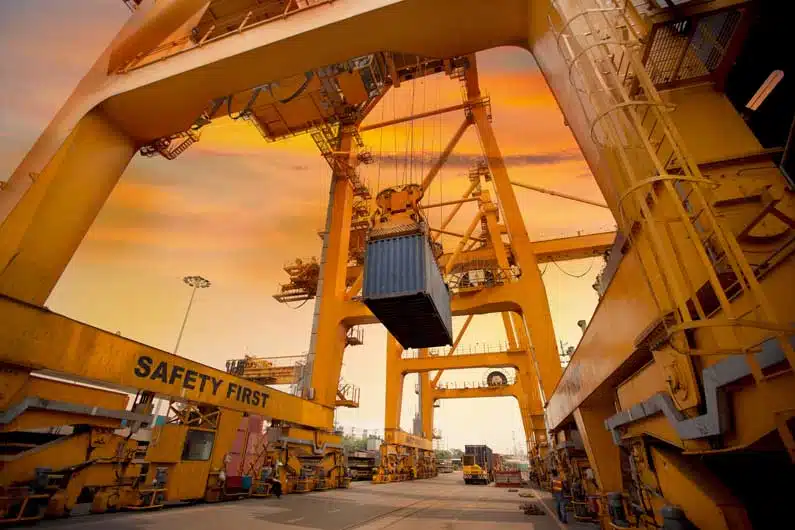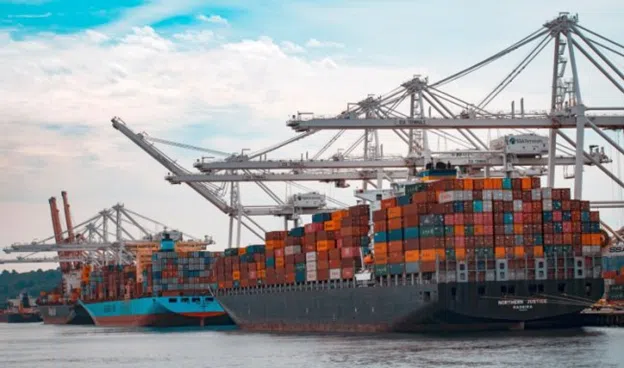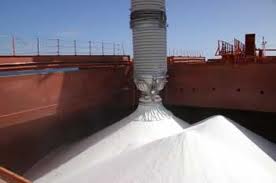 Texas International Freight has an expansive network of contacts in the bulk vessel world. Besides offering break bulk ocean chartering, we offer bulk chartering of tankers for shipping bulk cargo of all kinds. Texas International Freight bulk’s operations can book vessels for crude oil, gasoline, LNG, iron and copper ores, biomass, steel products, and chemicals. Our focus is vessel chartering for shipping break cargo worldwide. We work to and from all ports worldwide for all kinds of bulk cargo.
Texas International Freight has an expansive network of contacts in the bulk vessel world. Besides offering break bulk ocean chartering, we offer bulk chartering of tankers for shipping bulk cargo of all kinds. Texas International Freight bulk’s operations can book vessels for crude oil, gasoline, LNG, iron and copper ores, biomass, steel products, and chemicals. Our focus is vessel chartering for shipping break cargo worldwide. We work to and from all ports worldwide for all kinds of bulk cargo.
Details of Shipping Bulk Cargo
Some of the details needed in shipping bulk cargo are the following:
- Port of origin
- Terminal at origin
- Port of destination
- Terminal at destination
- Commodity type or cargo description
- Shipping dates
- Quantity to be shipped (in terms of barrels, metric tons, cubic meters)
- Density
- Loading means (conveyor, crane loading, pipe intake, etc.)
- Loading and unloading rates per day / per hour at both origin and destination
Why Use Texas International for Shipping Bulk Cargo
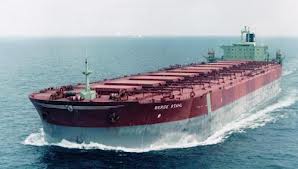 Texas International Freight seeks opportunities in shipping bulk cargo where it can add value to the transportation services it provides.
Texas International Freight seeks opportunities in shipping bulk cargo where it can add value to the transportation services it provides.
Our team has extensive knowledge of commodities, cargo handling, port operations, vessel requirements and all critical aspects of shipping bulk cargo and delivery schedules for our esteemed customers.
Vessel sizes range from Handy to Handy-Max and Supra-Max segments up through Panamax and Cape sizes carrying minor and major bulk cargoes. Our reliability is enhanced through our debt-free and liquid financial position.
Texas International is dedicated to providing our customers with dependable and flexible services allowing for schedule flexibility and differing pricing options. As bulk cargo industries expand, our flexibility and worldwide connections with a multitude of bulk carriers grant Texas International Freight the capability and the know-how to meet our customers’ challenges with confidence and skill.
Payment of Shipping Bulk Cargo
Because of global financial insecurities, our services are payment on delivery. We are a shipping company based in Houston, Texas. We are not an oil company’s bank in Houston Texas?
Please call and or write us if you have dry or wet bulk cargo that you may need shipped, costed, or quote at 877-489-9184.
FAQ
Q: What is bulk cargo?
A: Bulk cargo refers to unpackaged, loose cargo that is transported in large quantities. Examples of bulk cargo include grain, coal, ore, chemicals, and liquids.
Q: How is bulk cargo typically shipped?
A: Bulk cargo is typically shipped in bulk carriers, which are specialized ships designed to transport large quantities of loose cargo. These ships are often very large and have a large cargo hold in which the bulk cargo can be stored.
Q: What are some of the advantages of shipping bulk cargo?
A: Shipping bulk cargo can be more cost-effective than shipping packaged goods, as it eliminates the need for packaging and handling. Bulk cargo can also be loaded and unloaded more quickly than packaged goods, which can save time and money.
Q: What are some of the challenges associated with shipping bulk cargo?
A: One of the main challenges associated with shipping bulk cargo is the potential for damage to the cargo during transport. Bulk cargo can shift or settle during transport, which can cause damage to the cargo and even result in the loss of some or all of the cargo. Another challenge is ensuring that the cargo is loaded and secured properly, as improper loading and securing can also lead to damage.
Q: How is bulk cargo loaded and unloaded from a ship?
A: Bulk cargo is typically loaded and unloaded using specialized equipment, such as cranes or conveyor belts. The cargo is usually poured or dumped into the ship’s cargo hold using a hopper or chute.
Q: What are some of the regulations governing the transport of bulk cargo?
A: The transport of bulk cargo is subject to a number of international regulations, such as the International Maritime Organization’s International Convention for the Safety of Life at Sea (SOLAS). These regulations cover issues such as the proper stowage and securing of cargo, the handling of dangerous goods, and the prevention of pollution.
Q: What are some of the environmental concerns associated with the transport of bulk cargo?
A: The transport of bulk cargo can have environmental impacts, such as the potential for spills or leaks of hazardous materials. The emissions from ships can also contribute to air pollution and climate change. As a result, there are regulations in place to address these issues, such as the International Convention for the Prevention of Pollution from Ships (MARPOL).

